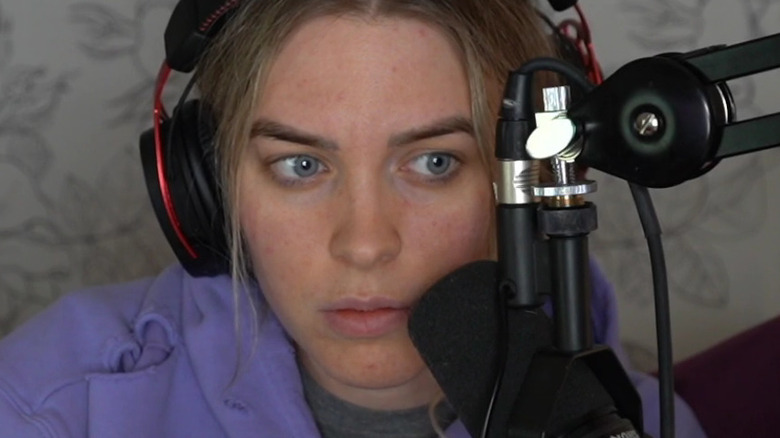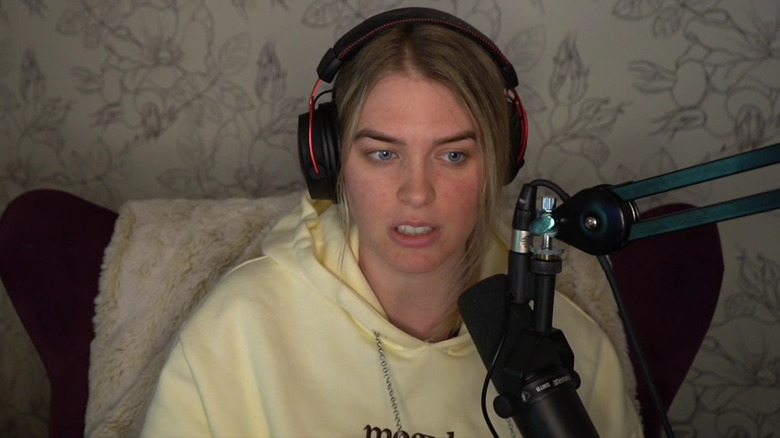QTCinderella's Deepfake Lawsuit Just Hit A Heartbreaking Wall
Deepfakes, the AI-generated video mashups that splice two people together in a semi-realistic fashion, recently became a hot topic among prominent Twitch streamers. The conversation surrounding deepfakes heated up after livestreamer Atrioc accidentally revealed a deepfake porn site on stream. Among those featured on the website was livestreamer and creator of The Streamer Awards QTCinderella, whose image was plastered onto sexually explicit material without her permission. Shortly after the controversy arose, Atrioc apologized, and the website creator took down the site.
In the aftermath, a discussion about the legality of deepfaking someone against their will, especially in an exploitative manner, became popular among livestreamers. Although the act is not currently illegal, some believe it should be. Despite this, the law will likely need some time to catch up with this new technology. QTCinderella did not want to wait for laws to change, and announced that she would be suing the website owner. But recent information indicates that her legal recourse has hit a heartbreaking wall.
She doesn't have a case
On February 14, NBC News discussed the legality of deepfake pornography and the victims it could create. The report opened up with an interview with livestreamer Sweet Anita, who recently found out she was a victim of deepfake content. After discovering this, she realized, "This [deepfake content] has obviously been going on for quite a while without my knowledge." She explained that she felt violated because she did not consent to participate in sexual content, nor did she consent or profit from its distribution. As it turns out, there may be no legal recourse a victim can take against the content, even though the material bears their likeness.
QTCinderella explained that the videos continued to spread even after the takedown notice was sent to the original website. And when she tried to pursue legal actions against the website's host, she hit a wall. QTCinderella told NBC, "Every single lawyer I've talked to essentially have come to the conclusion that we don't have a case; there's no way to sue the guy [website host]." The NBC report also revealed that the problem is only growing.
Research by livestreaming analyst Genevieve Oh revealed that the number of deepfake porn videos online almost doubles yearly, with the content amassing over 16 million monthly views in 2022 alone. This uptick came from the automation of the process and increased availability of the technology, said professor of computer scientist Hany Farid. Sadly, however, with no solution in sight, all signs point toward more and more individuals falling victim to this non-consensual sexual exploitation in the future.


